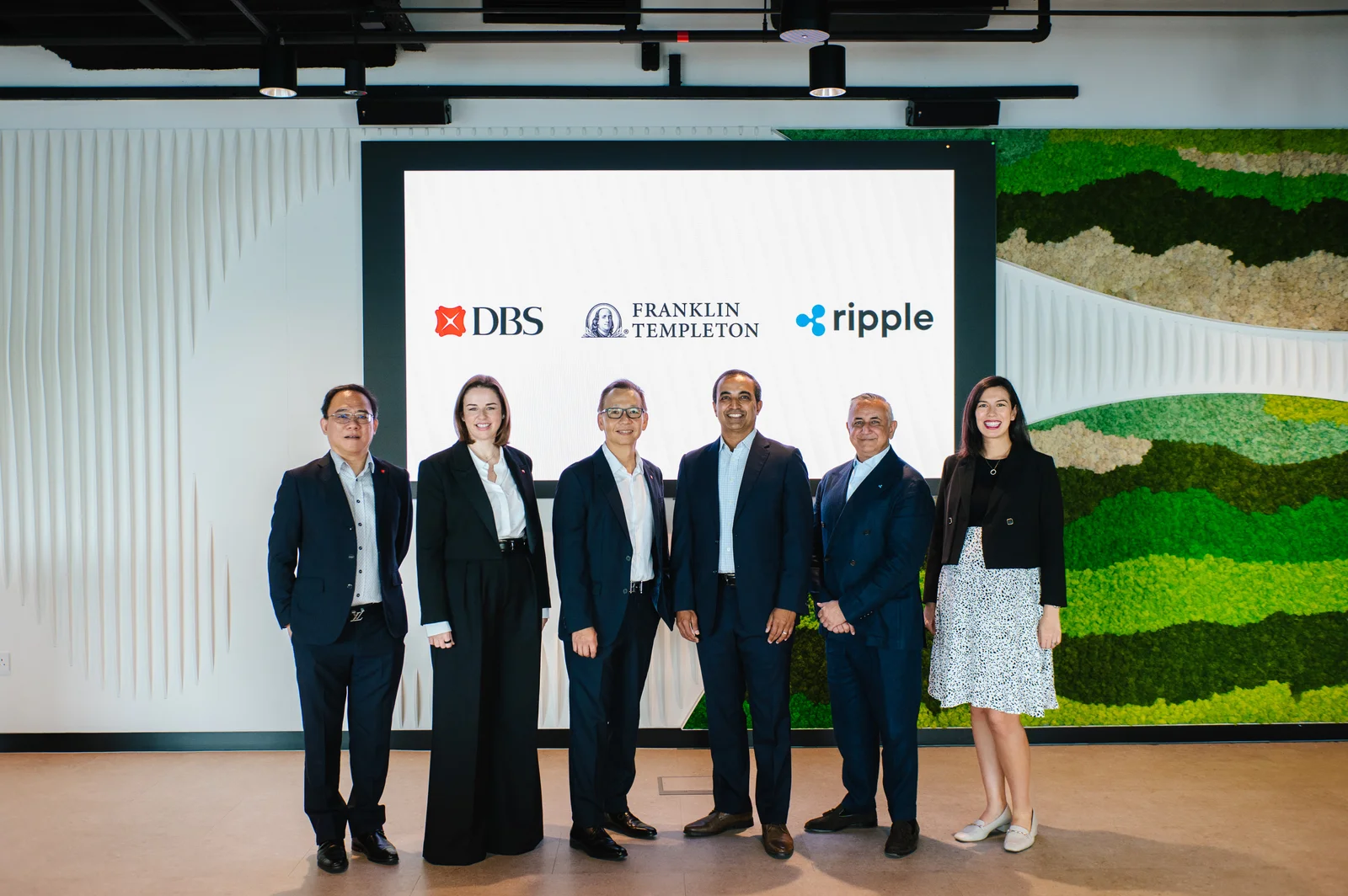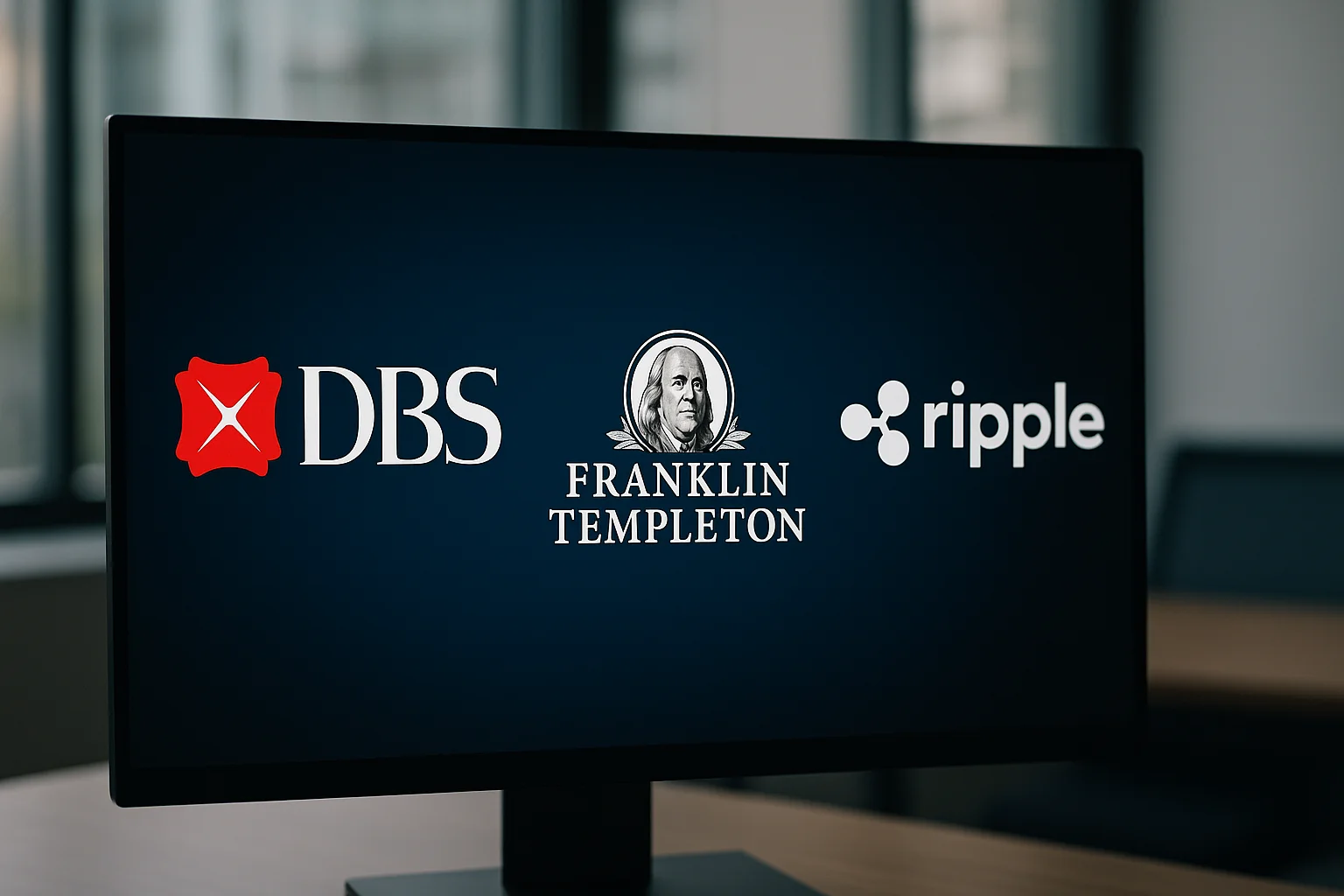DBS, Franklin Templeton, and Ripple have signed a noteworthy collaboration in the financial world. The three institutions have signed a memorandum of understanding (MoU) to develop trading and lending products with tokenized money market funds on the XRP Ledger. This step aims to both accelerate the integration of traditional financial institutions onto the blockchain and provide investors with stable returns and liquidity.
Franklin Templeton's fund on the XRP Ledger
As part of the agreement, Franklin Templeton will tokenize its US dollar-denominated short-term money market fund and move it to the XRP Ledger under the name sgBENJI. DBS Digital Exchange (DDEx) will list the sgBENJI token alongside Ripple's stablecoin, Ripple USD (RLUSD). This will allow DBS clients to switch between the stablecoin and the yield-generating fund 24/7, allowing them to balance their portfolios even during volatile periods.
Nigel Khakoo, Ripple's Head of Global Trading and Markets, described this collaboration as a "game-changer." Khakoo emphasized that investors can increase capital efficiency and liquidity by leveraging both a stablecoin and a tokenized fund within a trusted ecosystem. According to him, 2025 will go down in history as a period in which traditional financial institutions take unprecedented steps on blockchain.

DBS Digital Exchange CEO Lim Wee Kian similarly stated that tokenized securities play a significant role in increasing efficiency and liquidity in global markets. It was also stated that DBS may, in the future, offer sgBENJI holders the opportunity to obtain loans from banks or third-party platforms using their tokens as collateral. This will allow investors to access loans while holding their assets.
Franklin Templeton's launch of its tokenized fund on the XRP Ledger creates an attractive platform for institutional investors thanks to this blockchain's low transaction fees and fast transaction capacity. In conjunction with Ripple's stablecoin, RLUSD, this structure could usher in a new era for repo transactions and tokenized collateral mechanisms. This initiative comes at a time when institutional investors are showing increasing interest in crypto assets. Data shared by Ripple shows that 87% of institutions plan to allocate funds to this area by 2025. Furthermore, the growing role of tokenized assets in global markets reinforces the importance of this collaboration. For example, banks based in Japan and Singapore are testing cross-border payments with multi-currency tokenized deposits, which points to the same trend.
The partnership between DBS, Franklin Templeton, and Ripple builds a critical bridge at the intersection of traditional and digital finance. Investors will now have access to regulated, income-generating tokenized funds, in addition to crypto assets.




